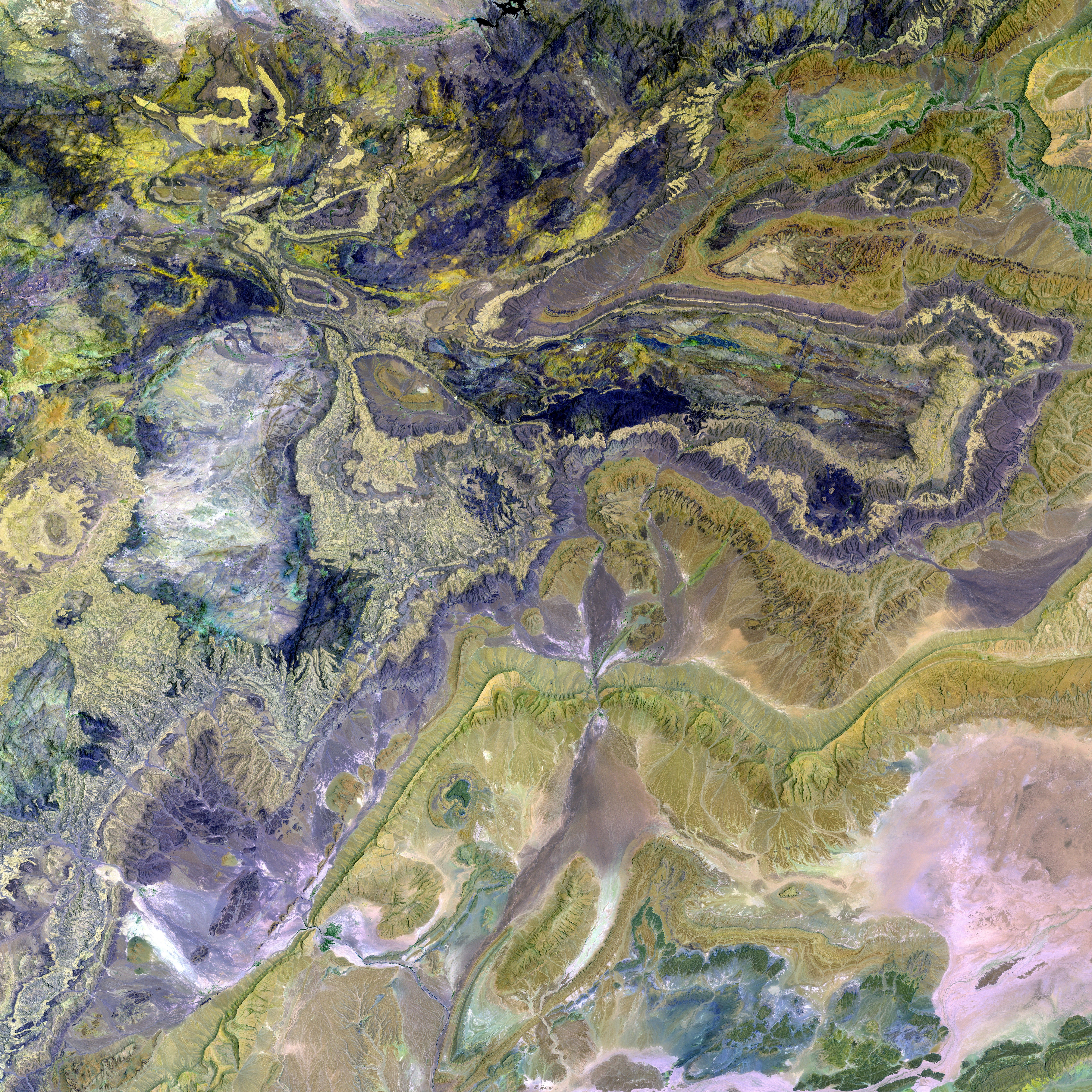In the Heart of Istanbul: negotiations on the fence between war and peace
Focus on Turkey as key player in Russia-Ukraine negotiations: Crucial insights into peace talks proceedings
The conversation has circled numerous cities steeped in tension, from the capitals of Moscow and Kyiv to the shores of Washington and Riyadh. Now, anticipation grips us all, as we turn our gaze to Istanbul. This bustling city, standing astride continents, has been chosen as the potential venue for a truce in the three-year Russian-Ukrainian conflict.
Russian President Vladimir Putin revealed his intention to reignite direct peace talks with Ukraine in Istanbul on Thursday, a move met with defiance from Ukrainian President Volodymyr Zelenskyy, who challenged Putin to meet face-to-face. The details of these talks remain unclear, but the stage is set for a pivotal moment.
New Leaves on an Old Tree: the origins of the talks in Istanbul
The idea of the talks in Istanbul began to take root following an unprecedented gathering of European and US leaders, who called for a 30-day ceasefire in Ukraine starting on Monday, April 11th. This coalition pledged harsher sanctions against Russia if Putin did not accept their proposal.
In response, Putin proposed restarting direct talks in Istanbul "without preconditions," effectively rejecting the earlier ceasefire offer[1]. Zelenskyy responded assertively, insisting on a ceasefire and challenging Putin to meet him in Istanbul[2].
Russian and Ukrainian delegations: who takes the seat across the table?
The composition of the delegations for both sides is now taking shape. On the Russian side, Vladimir Medinsky, a close advisor to Putin, will head the delegation, accompanied by three other officials[1]. Zelenskyy, however, has made clear that he will only engage with Putin in person[2].
Trump's administration had previously initiated talks between Russia and Ukraine in Saudi Arabia in March 2022. However, the administration has hinted at potentially withdrawing from the process if meaningful progress is not achieved. At this time, it remains uncertain whether the US will play a direct role in the upcoming talks[3].
Resurrecting the ghosts of talks past in Istanbul
The convening of peace talks in Istanbul will, undoubtedly, evoke memories of the negotiations that took place in Istanbul in early 2022, shortly after the outbreak of the conflict. Those talks, however, quickly crumbled due to contentious disagreements, with the talks amounting to little more than an ultimatum from Russia[4].
Since then, both sides have established formidable positions. Putin has demanded that Ukraine cede territories, recognize the Crimean Peninsula as Russian, renounce its bid to join NATO, drastically reduce its military, and end foreign military bases on its soil[5]. Ukraine, in turn, has rejected territorial concessions and wants robust guarantees of protection against future Russian aggression[5]. The success of these talks will hinge upon the ability of both sides to find common ground in the midst of these deep-seated differences.
Past and Present Collide: the road to lasting peace lies ahead
The road to a lasting peace in Ukraine will be long and arduous, with many obstacles to overcome. However, the promise of a resolution brings hope to all involved in this increasingly brutal conflict, a beacon of light in the desolate landscape of war[6]. As the delegations meet in Istanbul, the eyes of the world will be fixed on this historic city, waiting to see if it can help bring about an end to the distressing conflict that has ravaged Ukraine for far too long.
Enrichment Data:
- The Istanbul Communiqué: A framework for a potential peace agreement between Russia and Ukraine, developed in March 2022, outlining terms for Ukraine's EU membership, neutrality, military force reduction, renunciation of NATO membership, and ban on foreign military bases. However, discussions surrounding guarantors and the size of Ukraine's military forces remained contentious[7].
- The Bucha Massacre: The discovery of mass graves containing numerous civilians in the town of Bucha, Ukraine, in April 2022, following the Russian military's withdrawal from the region. The incident was widely condemned as a war crime and has since served to complicate ongoing negotiations[8].
- Turkey's Role in Mediation: Istanbul's strategic position and Turkey's relationships with both Russia and Ukraine have created an ideal setting for the Turkish government to play a significant role in broker peace talks. Turkish President Erdogan is also expected to meet with Zelenskyy in Istanbul[2][3].
Politics and general news have taken a turn as Istanbul, a city known for its significance in war-and-conflicts, weather, and crime, becomes the potential venue for peace talks between Russia and Ukraine. The Russian President, Vladimir Putin, has indicated his intention to rekindle direct negotiations with Ukraine in Istanbul, but these talks are met with defiance from Ukrainian President Volodymyr Zelenskyy who insists on a ceasefire and challenges Putin to meet him face-to-face. The origins of these talks can be traced back to an unprecedented European and US leaders' gathering that called for a ceasefire in Ukraine, with harsher sanctions threatened against Russia if Putin failed to comply. In light of this backdrop, the composition of the delegations for both sides is taking shape, with Russian and Ukrainian delegations set to take their seats across the table to discuss matters of politics and general news that could potentially have far-reaching implications for the future of Ukraine and the region.






